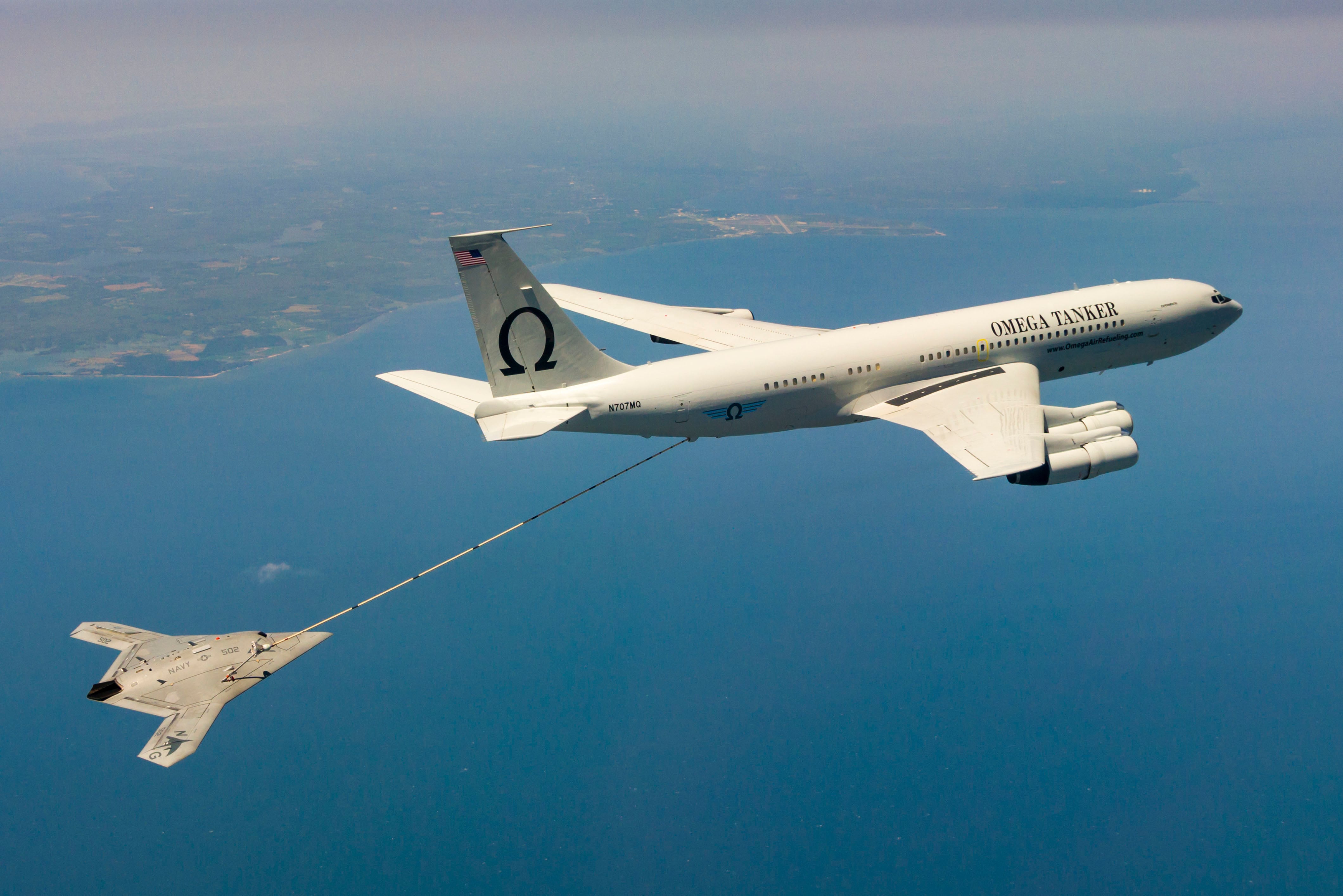WASHINGTON ― Northrop Grumman for the first time has acknowledged it did not bid on the next-generation of GPS III satellites. The company also announced Wednesday it did not make a bid for F-35 distributed aperture system, or DAS, upgrades.
Boeing has also publicly stated it did not bid for the program, leaving Lockheed Martin as the de facto contract winner.
While the specific reasoning motivating these decisions was not fully articulated, the contracts were described as “not attractive for us” by Northrop President and Chief Operating Officer Kathy Warden on an April 25 earnings call.
RELATED

When asked if the decision to not bid on GPS was influenced by setbacks the company is experiencing with the James Webb Space Telescope, Wes Bush, Northrop’s chairman and CEO, said the “GPS decision had absolutely nothing to do with anything else going on in the space portfolio other than a relative comparison of the attractiveness of the different opportunities we are pursuing there.”
The U.S. Air Force intends to procure up to 22 new satellites during the second phase of GPS III follow-on, with the first vehicle planned for a 2026 delivery.
Lockheed is under contract for the first 10 GPS III satellites and already has six satellites in some state of production, with one of those ready for an expected launch this year.
RELATED

The decision to not bid on F-35 DAS upgrades is more surprising, as Northrop is the incumbent on the contract. Warden explained on the call that even though Northrop has been successfully building these sensors and delivering them on time for many years, the company “looked at the future procurement and decided it wasn’t an attractive business deal for us.”
But that does not mean Northrop, which manufactures the F-35’s center fuselage, is not sold on the program.
“We continue to be very optimistic and to be positive on the F-35 as an important part of our business,” Bush said. “F-35 is a very important program to us, the partnership is important to us, but we do take a look at every aspect of the our portfolio from a business case opportunity in a broad sense, and we make very discrete decisions on those.”
Bush added that it is not unprecedented for a contract incumbent not to bid on upgrades.
“To some extent, [with] the experience we had on X-47B, everyone thought we were a shoo-in on MQ-25,” he said. “And when we looked at the deal, we said: ‘Eh, I don’t think so.’ So we look at each and every one of these opportunities and test them aggressively to see is this something that merits our investment, merits the application of our broad set of resources and are we really going to be investing them in a wise way to pursue them.”
These no-bids follow a larger pattern for Northrop. The no bids are the fourth and fifth for the company on major defense acquisition programs after earlier decisions to abstain from the Air Force’s T-X training aircraft competition — which saw the company developing and flying a prototype aircraft — the Long Range Standoff Weapon and the MQ-25.
Daniel Cebul is an editorial fellow and general assignments writer for Defense News, C4ISRNET, Fifth Domain and Federal Times.








